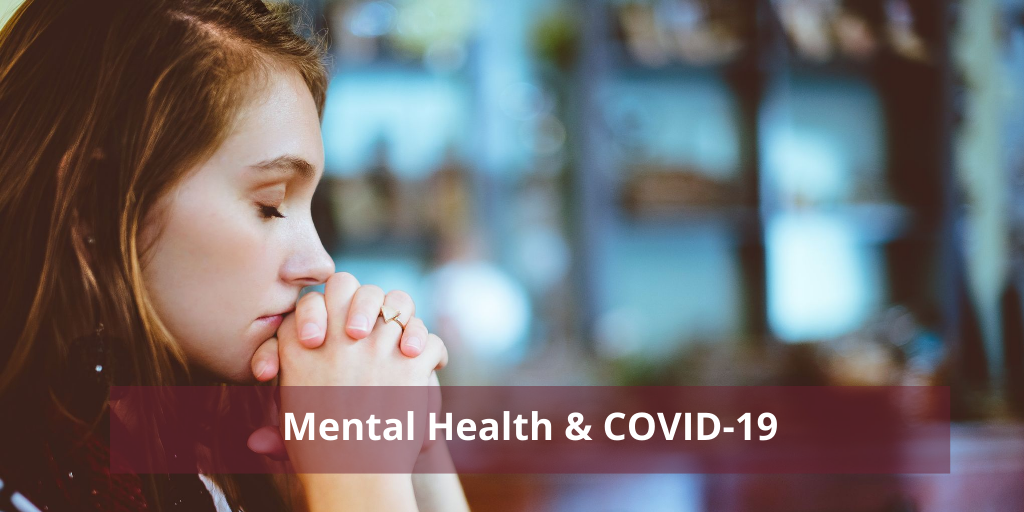The coronavirus pandemic has disrupted life and daily routine as we know it, bringing with it uncertainty, fear, and anxiety about the future. The most accurate weapon against the COVID-19 pandemic is social distancing hence the nationwide lockdown imposed by the government. These are drastic but necessary measures to protect the physical health of all citizens, however social distancing and isolation in itself have the potential to trigger mental health deterioration.
The feelings of stress and anxiety that occur as a result of lockdown and the rapid spread of the pandemic are normal, even in those who have no pre-existing mental conditions. There are several reasons humans have adverse reactions to lockdown protocols of which some originate from feeling a loss of control through the disruption of routine, loneliness in isolation, limited decision-making options, fear of the future and being inundated with fake news. The feelings of fear and anxiety do not only relate to the current situation of physical health or feelings of discomfort due to lockdown. Many citizens fear the future of a new normal, and the after-effects of the coronavirus as the social-economic impact will have long-term effects on people’s lives.
It is important to understand that these feelings are normal and there a variety of recommended actions to alleviate fear and depression, reduce anxiety, and help maintain mental health during these unprecedented times. These tips could offer guidance in developing a resilient and healthier state of mind for you and your loved ones during and after these challenging times.
- Limit screen time and fake news. Take time out from mobile devices and news channels to lower the feeling of being overwhelmed. Check-in on news channels twice a day to stay up to date with accurate and official updates.
- Try and stick to a routine that includes daily personal hygiene, creative activities, exercise, eating and sleeping at regular times. It is also important to allocate time for relaxation. Should you deviate from a routine, it is not a crisis; but a routine does help to prevent feelings of anxiety elevating.
- Stay connected in a creative way with video calls, messages and reduced social media. Staying in touch with family and friends provides a sense of community and is a deterrent to loneliness and depression.
- Help others where possible, donate food to a community project, contribute to a cause or sew masks for those in need. It has been proven that giving and being of help to others creates positivity for the recipient and the giver.
- Exercise or meditate as this will help with your physical and mental health. Physical movement distracts you from boredom and excessive screen time.
- Distract yourself from the negative and also stimulate the creative mind by reading, listening to music, or doing crafts.

